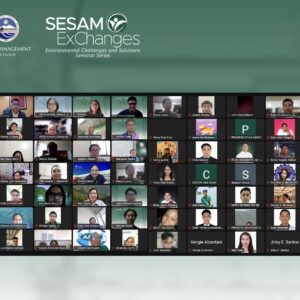Old challenges, new approaches: Views on management of complex environmental challenges presented in JESAM latest issue
The Journal of Environmental Science and Management (JESAM), an international refereed scientific journal indexed by Web of Science and Scopus recently released its 2nd Issue for 2023 under Volume 26. Composed of eight papers on pressing environmental topics, it covers the West Philippines Sea, plastic pollution and waste management, and tools for natural assessment and management.
Highlight of this issue is a study tackling possible policy options for the West Philippines Sea (WPS). It argues that there is a need for collaborative efforts from various states that benefit from the disputed waters towards conservation and its sustenance as “living waters” of common value to many.
Three papers present views on understanding the socio-environmental aspects to offer alternatives on how to better address complex environmental problems such as solid and wastewater pollution. One studied the gendered decision-making in terms of reusable bag use in Indonesia, a country where plastic pollution also remains a problem due to the rampant utilization of single-use plastic bags. The author pointed out that “the study extends beyond academia, offering practical guidance to marketers, retailers, and policymakers seeking to promote environmentally conscious consumer behavior and reduce plastic bag consumption”. On the other hand, a study on waste management of dairy buffalo farmers in Nueva Ecija, Philippines as influenced by their socio-economic status and farm profile was also focused. This study proposes the Local Government Units to promote and establish a centralized market for composts to encourage dairy farmers to adopt rapid composting and to boost the business of vermi-compost practitioners. Another article presented how fishing management practices of fisherfolks in San Miguel Bay in the Philippines affect the fish catch of Otolithes ruber, an economically important fish species in the area. Authors emphasized that “unsustainable fishing practices will eventually contribute to further environmental problems that will significantly result in negative outcomes and if not abated, employment and livelihood opportunities generated from O. ruber processing would diminish and vanish anytime”.
Articles on tools for the management of natural resources were also included in the issue. A paper presents a mathematical model for forecasting water levels in Angat Dam, Philippines. This study employed time-series analysis to understand historical behavioral pattern and provide a short-term forecast for the water level at Angat Dam. Based on the paper, “series decomposition revealed the absence of over-all trend component but presence of seasonality in the dataset.” In addition, a study using life cycle assessment to identify cost-effective low-carbon production systems for swine farms was presented in one paper. This research revealed that the low-carbon swine farm production system entailed 31.93 % decrease in greenhouse gas (GHG) emissions compared to the conventional swine farm production system. Also, the low-carbon swine farm production system showed higher profitability and a quicker return on investment, indicating that it is “a cost-effective alternative to the conventional production system”. These two papers offer case studies on how emerging tools may be used as decision-support system for managing natural resources.
Another two articles evaluated the efficacy of scientific interventions in addressing ecological problems and how they affect overall ecosystem health. A paper assessed the implications of coral fragment implantation on the diversity of reef fishes in four recipient municipalities of the government’s initiative on reef rehabilitation. This study showed that coral reef restoration through the transplantation of coral fragments can enhance reef fish community diversity in at least two recipient municipalities. The other study evaluated the use of Trichoderma Microbial Inoculant (TMI) and salt on the recovery of coconut trees infested with scale insects. Findings show that coconuts grown in relatively fertile soil recovered from scale insect infestation fast with the use of TMI and salt as measured by the significant increase in the number of green leaves. Both papers gave insights into the successes and challenges of ecological restoration.
JESAM is among the five Philippine-based journals included in the 2021 Clarivate Analytics Journal Citation Report with a current Impact Factor of 0.400. It is produced semi-annually by the University of the Philippines Los Baños – School of Environmental Science and Management (UPLB-SESAM). JESAM accepts submissions of research articles on environmental science and management covering environmental planning and management, environmental restoration, and similar topics. Full articles in this issue may be accessed at Journal of Environmental Science and Management (uplb.edu.ph).(CBGigantone, RDAreglado, CSPadilla)







